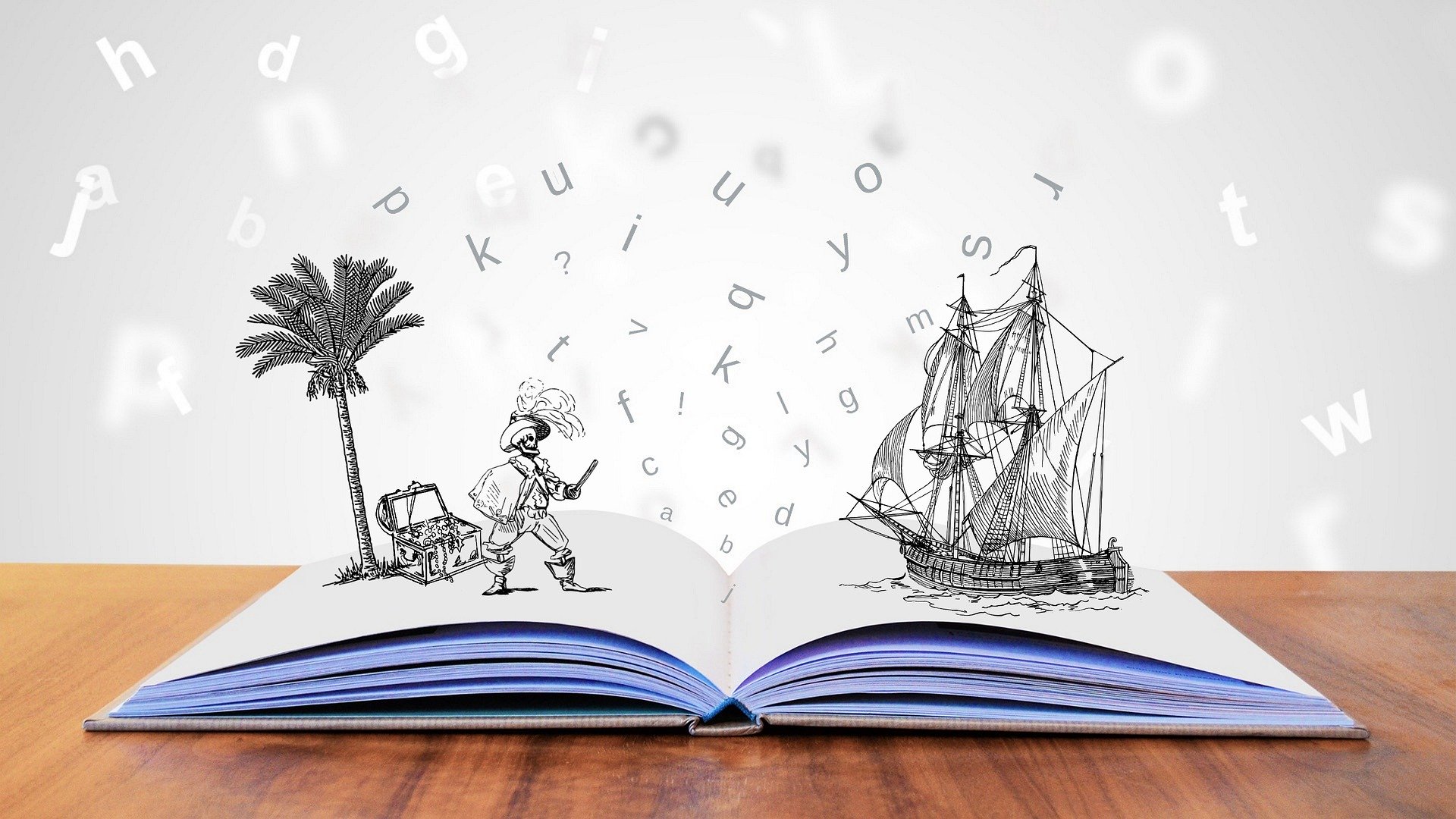
Calculate rates – Convert folders/words – Speak every word with the Diziónatore
Lipsie has discovered another useful tool that helps translators, speakers, voice actors and other professionals in the world of Publishing
Success comes when opportunity meets preparation. (Zig Ziglar)

Telling a story for the small or big screen is far from easy. The language of cinema has a specific code and the screenwriter must narrate through images if he/she wants the text to be expressive and effective. Our Lipsie Agency employs a team of translators trained in the film and audio-visual sector. These professionals know the laws of storytelling and specialise in translating scripts, subjects, and treatments into over 50 languages.
The great success of streaming platforms such as Netflix and Amazon Prime shows that stories are still very popular. The number of projects that see collaboration between different countries in the pre- and post-production phase is multiplying. Our clients are mainly international film production companies, who entrust us with the translation of their scripts to make communication between professionals easier and more immediate. There are also many screenwriters who come directly to us because they have a story in the drawer and dream of seeing their script produced. And to have a better chance of selling your idea and attracting the attention of foreign productions, it is essential to translate the script into several languages.
Translating a screenplay means first of all knowing the rules of the text. We at Lipsie deal with both Italian scripts (with text divided into two columns) and American scripts (full-page description and dialogue in the central column). We know how to use film writing software, from Final Draft to Celtx, and we move perfectly between genres and styles, which is fundamental in the translation of film text.
Knowing the technical lexicon of the film world is an essential condition for a linguist working in this field: numbers and scene changes, cuts, sounds and captions have a precise terminology that only a translator trained in this field is able to deal with. We are aware that writing a screenplay is a long process, studded with second thoughts and revisions. For this reason we entrust the same translator with any updates and rewrites of the script, maintaining a direct line with the authors to ensure that their artistic intention is never betrayed in the final text.
Writing for cinema is not just about screenplays. Our clients also entrust us with the translation of subjects, treatments and synopsis, so that the work team always has a complete idea, in summary and detailed, of the project in progress. Linguistic consultancy is also useful in the post-production phase.
We also translate director’s notes (so that the filmmaker can make his work known to a varied audience), editing notes (to help the team recompose images and sounds) and pressbook material (to ensure that the final product is distributed and received by the public in the most favourable way possible).
From the first seed of a film idea to the distribution stages of the audio-visual product, we guarantee a competent and professional translation.

Lipsie has discovered another useful tool that helps translators, speakers, voice actors and other professionals in the world of Publishing

The settings of a script also count in getting a perfect dubbing We present this simple, but excellent application, the
LIPSIE LANGUAGES
TRANSLATION AGENCY over 18 years experience
LIPSIE PUBLISHING
LIPSIE ENTERTAINMENT